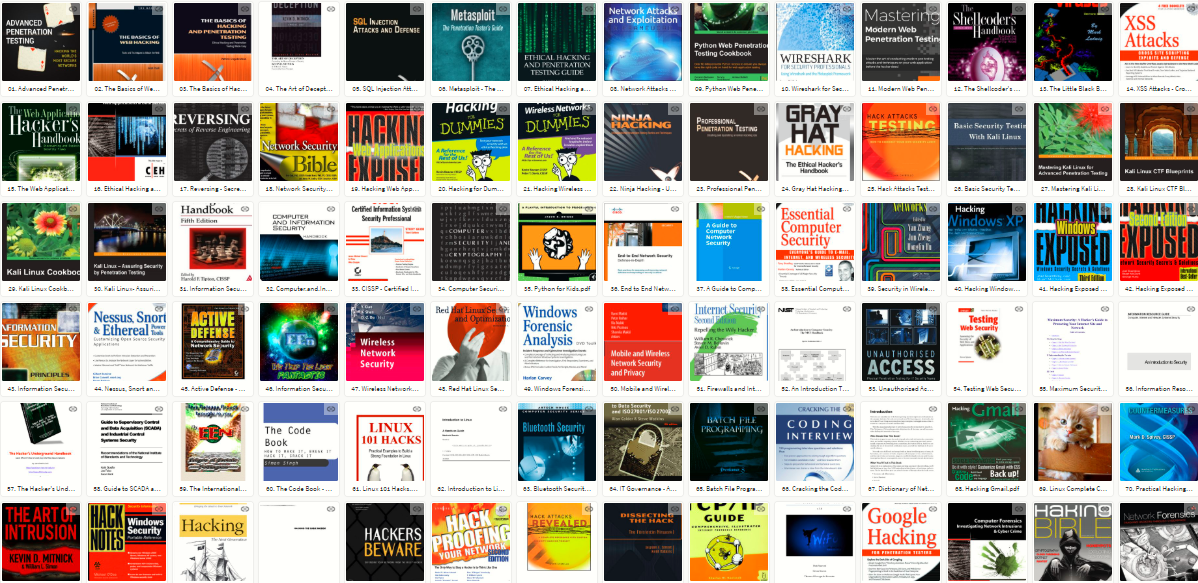
To best optimize your website, it is important to understand how users interact with search engines.
“We’re Number One !”
That’s the dream of site owners everywhere, as they seek to attain the highest search engine rankings for their sites. It’s the Web’s equivalent of having the best storefront location. The process of attaining those rankings is called search engine optimization (SEO).
The SEO process consists of two main components: on-site optimization and off-site optimization. On-site SEO focuses on three objectives: keyword-optimizing your content, effective content creation, and strategic cross-linking. Off-site SEO focuses on maximizing the number and popularity of inbound links with keywords that match your particular subject.
Here we’ve listed out top 10 books through which you can easily learn website optimization and improve your website performance:
1. Web Performance in Action – Building Fast Web Pages
Web Performance in Action is your companion guide to making websites faster. You’ll learn techniques that speed the delivery of your site’s assets to the user, increase rendering speed, decrease the overall footprint of your site, as well as how to build a workflow that automates common optimization techniques.
- Buy Link – https://www.manning.com/books/web-performance-in-action
- Price – $44.99
- Author – Jeremy L. Wagner
- Pages – 376 pages
- Publishing Year – December 2016
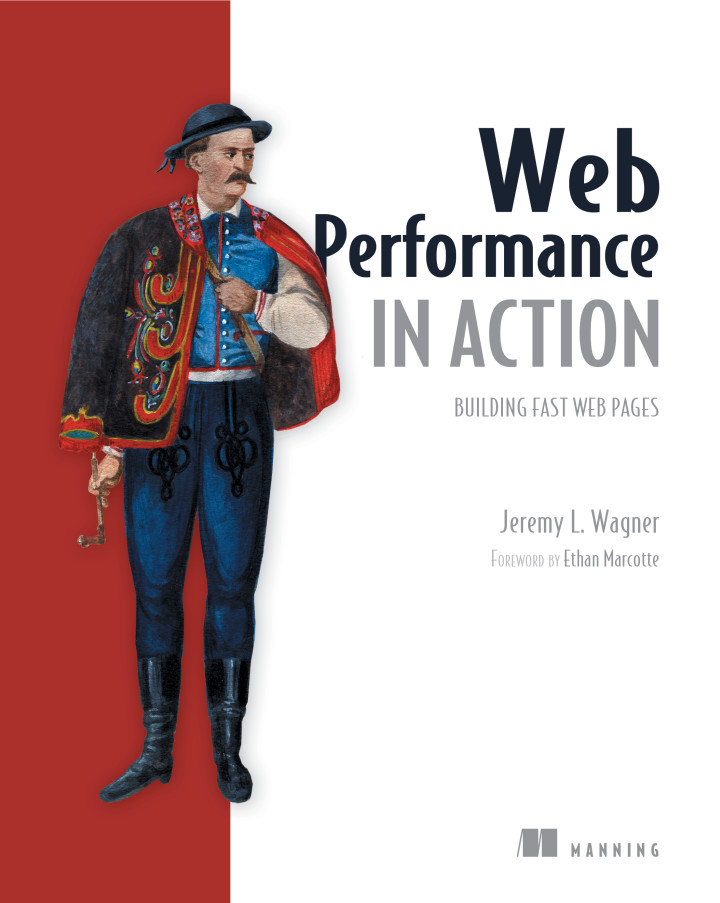
Table of Contents –
- Chapter 1 – Understanding Website Performance
- Chapter 2 – Using Assessment Tools
- Chapter 3 – Optimizing CSS
- Chapter 4 – Understanding Critical CSS
- Chapter 5 – Making Images Responsive
- Chapter 6 – Going Further with Images
- Chapter 7 – Faster Fonts
- Chapter 8 – Keeping JavaScript Lean and Fast
- Chapter 9 – Boosting Performance with Service Workers
- Chapter 10 – Fine-Tuning Asset Delivery
- Chapter 11 – Looking to the Future with HTTP/2
- Chapter 12 – Automating Optimization with Gulp
2. Designing for Performance: Weighing Aesthetics and Speed
In this practical book, Lara Callender Hogan helps you approach projects with page speed in mind, showing you how to test and benchmark which design choices are most critical.
- Official Book Link – http://designingforperformance.com
- Amazon Buy Link – https://www.amazon.com/_/dp/1491902515
- Price – $23.27
- Author – Lara Callender Hogan
- Pages – 182 pages
- Publishing Year – December 2014
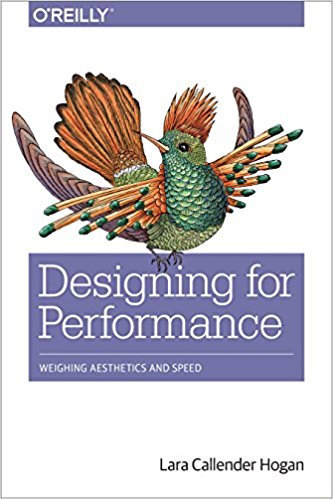
Table of Contents –
- Chapter 1 – Performance Is User Experience
- Chapter 2 – The Basics of Page Speed
- Chapter 3 – Optimizing Images
- Chapter 4 – Optimizing Markup and Styles
- Chapter 5 – Responsive Web Design
- Chapter 6 – Measuring and Iterating on Performance
- Chapter 7 – Weighing Aesthetics and Performance
- Chapter 8 – Changing Culture at Your Organization
3. Even Faster Web Sites: Performance Best Practices for Web Developers
This book includes great information on how to parallelize Javascript, minimize images, sprite images and write your web pages so that they don’t block on one element.
- Amazon Buy Link – https://www.amazon.com/_/dp/0596522304
- Price – $16.83
- Author – Steve Souders
- Pages – 256 pages
- Publishing Year – June 2009

Table of Contents –
- Chapter 1 – Understanding Ajax Performance
- Chapter 2 – Creating Responsive Web Applications
- Chapter 3 – Splitting the Initial Payload
- Chapter 4 – Loading Scripts Without Blocking
- Chapter 5 – Coupling Asynchronous Scripts
- Chapter 6 – Positioning Inline Scripts
- Chapter 7 – Writing Efficient JavaScript
- Chapter 8 – Scaling with Comet
- Chapter 9 – Going Beyond Gzipping
- Chapter 10 – Optimizing Images
- Chapter 11 – Sharding Dominant Domains
- Chapter 12 – Flushing the Document Early
- Chapter 13 – Using Iframes Sparingly
- Chapter 14 – Simplifying CSS Selectors
4. High Performance Browser Networking: What every web developer should know about networking and web performance
Author Ilya Grigorik, a web performance engineer at Google, demonstrates performance optimization best practices for TCP, UDP, and TLS protocols, and explains unique wireless and mobile network optimization requirements. You’ll then dive into performance characteristics of technologies such as HTTP 2.0, client-side network scripting with XHR, real-time streaming with SSE and WebSocket, and P2P communication with WebRTC.
“This book is required reading for anyone who cares about web performance; it’s already established as the go-to reference on the topic.” — Mark Nottingham (IETF HTTPbis Working Group Chair)
- Amazon Buy Link – https://www.amazon.com/_/dp/1449344763
- Price – $38.40
- Author – Ilya Grigorik
- Pages – 400 pages
- Publishing Year – September 2013
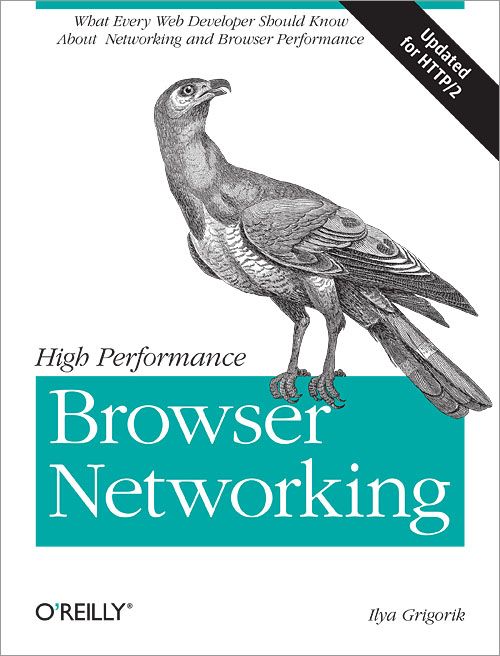
Table of Contents –
- Chapter 1 – Primer on Latency and Bandwidth
- Chapter 2 – Building Blocks of TCP
- Chapter 3 – Building Blocks of UDP
- Chapter 4 – Transport Layer Security (TLS)
- Chapter 5 – Introduction to Wireless Networks
- Chapter 6 – WiFi
- Chapter 7 – Mobile Networks
- Chapter 8 – Optimizing for Mobile Networks
- Chapter 9 – Brief History of HTTP
- Chapter 10 – Primer on Web Performance
- Chapter 11 – HTTP 1.X
- Chapter 12 – HTTP 2.0
- Chapter 13 – Optimizing Application Delivery
- Chapter 14 – Primer on Browser Networking
- Chapter 15 – XMLHttpRequest
- Chapter 16 – Server-Sent Events (SSE)
- Chapter 17 – WebSocket
- Chapter 18 – WebRTC
5. High Performance JavaScript – Build Faster Web Application Interfaces
Yahoo! frontend engineer Nicholas C. Zakas and five other JavaScript experts—Ross Harmes, Julien Lecomte, Steven Levithan, Stoyan Stefanov, and Matt Sweeney—demonstrate optimal ways to load code onto a page, and offer programming tips to help your JavaScript run as efficiently and quickly as possible. You’ll learn the best practices to build and deploy your files to a production environment, and tools that can help you find problems once your site goes live.
- Amazon Buy Link – https://www.amazon.com/_/dp/059680279X
- Price – $20.82
- Author – Nicholas C. Zakas
- Pages – 231 pages
- Publishing Year – March 2010
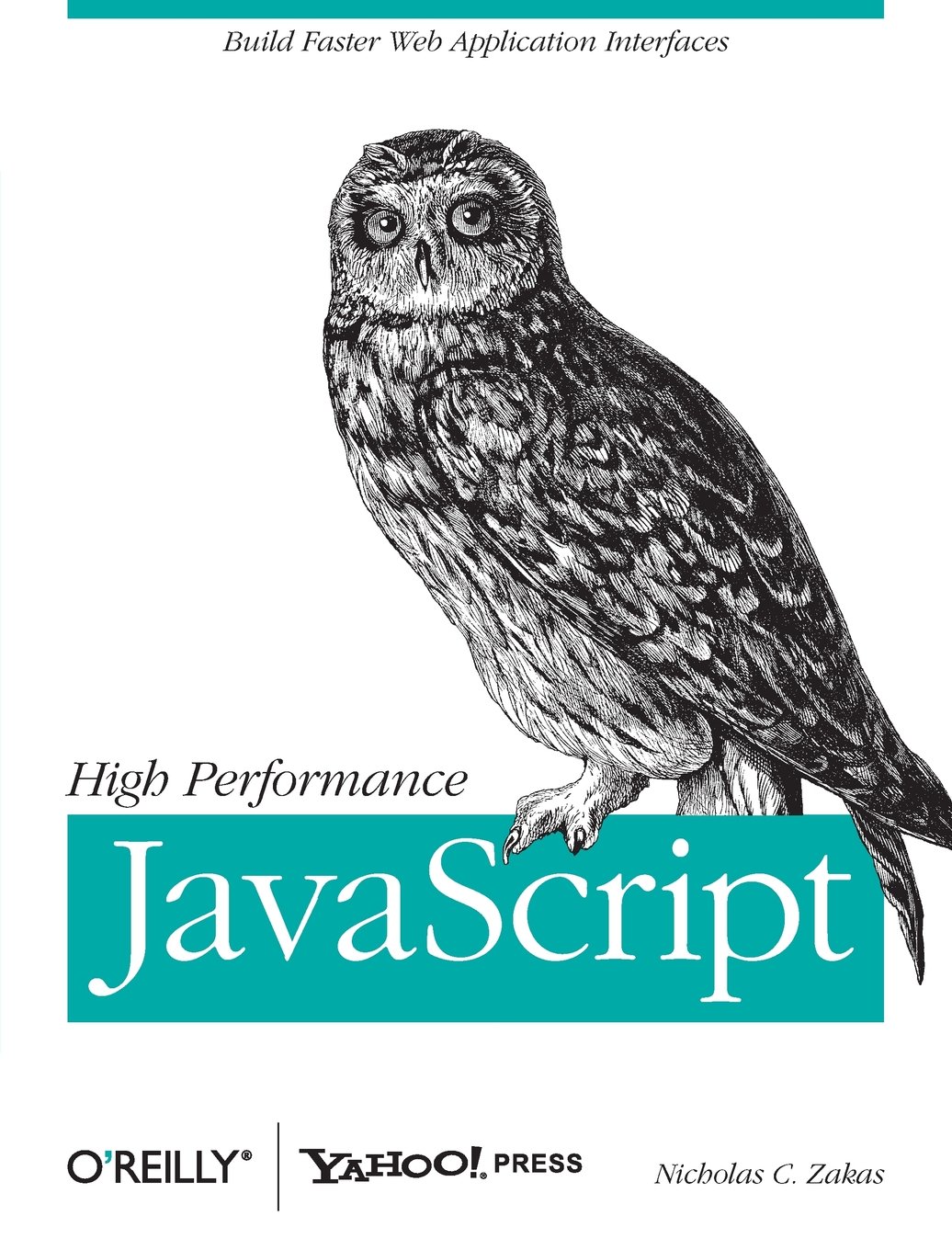
Table of Contents –
- Chapter 1 – Loading and Execution
- Chapter 2 – Data Access
- Chapter 3 – DOM Scripting
- Chapter 4 – Algorithms and Flow Control
- Chapter 5 – Strings and Regular Expressions
- Chapter 6 – Responsive Interfaces
- Chapter 7 – Ajax
- Chapter 8 – Programming Practices
- Chapter 9 – Building and Deploying High-Performance JavaScript Applications
- Chapter 10 – Tools
6. High Performance Web Sites: Essential Knowledge for Front-End Engineers –
This book presents 14 specific rules that will cut 25% to 50% off response time when users request a page. Author Steve Souders, in his job as Chief Performance Yahoo!, collected these best practices while optimizing some of the most-visited pages on the Web. Even sites that had already been highly optimized, such as Yahoo! Search and the Yahoo! Front Page, were able to benefit from these surprisingly simple performance guidelines.
- Amazon Buy Link – https://www.amazon.com/dp/0596529309
- Price – $17.84
- Author – Steve Souders
- Pages – 136
- Publishing Year – September 2007
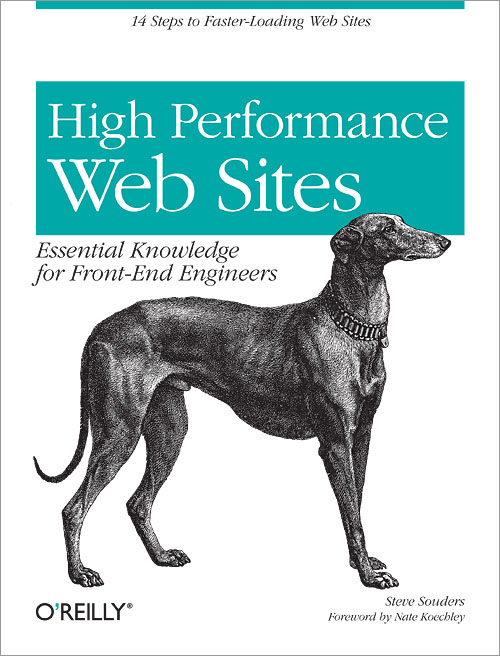
Each performance rule is supported by specific examples, and code snippets are available on the book’s companion web site. The rules include how to:
- Make Fewer HTTP Requests
- Use a Content Delivery Network
- Add an Expires Header
- Gzip Components
- Put Stylesheets at the Top
- Put Scripts at the Bottom
- Avoid CSS Expressions
- Make JavaScript and CSS External
- Reduce DNS Lookups
- Minify JavaScript
- Avoid Redirects
- Remove Duplicates Scripts
- Configure ETags
- Make Ajax Cacheable
7. High Performance Responsive Design: Building Faster Sites Across Devices
With this practical book, author Tom Barker demonstrates that responsive design is not just a frontend-only approach, but also a philosophy for taking advantage of the entire web stack. Responsive design patterns and anti-patterns, derived from heavily used real-world sites, are guiding principles throughout the book.
- Amazon Buy Link – https://www.amazon.com/_/dp/1491949988
- Price – $25.62
- Author – Tom Barker
- Pages – 165 pages
- Publishing Year – November 2014
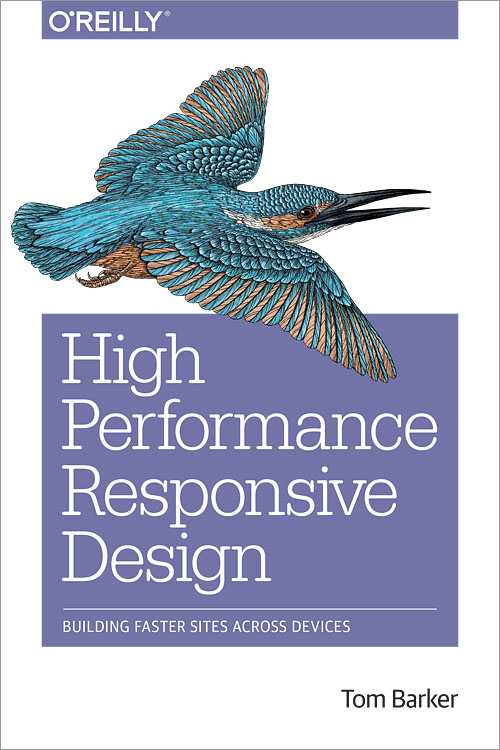
Table of Contents –
- Chapter 1 – State of the Industry of Responsive Design
- Chapter 2 – Primer on Performance of Web Applications
- Chapter 3 – Start with a Plan
- Chapter 4 – The Backend
- Chapter 5 – The Frontend
- Chapter 6 – Continuous Web Performance Testing
- Chapter 7 – Frameworks
8. Lean Websites
This is a practical book on website performance for web developers, concentrating mainly on front-end performance improvement. It covers plenty of solid theory, but is also packed with useful, real world hints and tips that you can use on your sites today.
This book, Lean Websites, examines the causes behind bloated and slow websites, dissects which assets of your page are necessary, which are nice to have, and which are not necessary at all and can be removed to shed some weight. It will help you understand what causes websites to be slow, and how to look for efficiency while maintaining the quality originally envisioned for your site.
- Buy Link – https://www.sitepoint.com/premium/books/lean-websites
- Price – $9
- Author – Barbara Bermes
- Publishing Year – May 2015

Table of Contents –
- Chapter 1 – Performance Simply Matters
- Chapter 2 – User Experience and Performance
- Chapter 3 – Measuring & Monitoring Performance
- Chapter 4 – Performance Boot Camp Setup
- Chapter 5 – Mastering Lean HTTP Requests
- Chapter 6 – Producing Lean Web Assets: Part 1
- Chapter 7 – Producing Lean Web Assets: Part 2
- Chapter 8 – Automating Optimization Tasks
- Chapter 9 – Network and Server Performance Improvements
- Chapter 10 – A Multi-device Web World
- Chapter 11 – Mobile Optimization Techniques
- Chapter 12 – Performance Cheat Sheet
9. Time Is Money: The Business Value of Web Performance
If you want to convince your organization to conduct a web performance upgrade, this concise book will strengthen your case. Drawing upon her many years of web performance research, author Tammy Everts uses cases studies and other data to explain how web page speed and availability affect a host of business metrics. You’ll also learn how our human neurological need for quick, uncomplicated processes drives these metrics.
- Amazon Buy Link – https://www.amazon.com/_/dp/1491928743
- Price – $15.27
- Author – Tammy Everts
- Pages – 100 pages
- Publishing Year – June 2016

Table of Contents –
- Chapter 1 – The Psychology of Web Performance
- Chapter 2 – Speed as Competitive Advantage
- Chapter 3 – Measuring Performance from Within
- Chapter 4 – Let’s Talk Solutions
- Chapter 5 – The Future of Performance
10. Using WebPagetest: Web Performance Testing for Novices and Power Users
This practical guide shows users new to this tool how run tests and interpret results, and helps experienced users gain a better and more thorough understanding of hidden features in WebPagetest that make testing easier.
Written by WebPagetest power users and performance experts, this book will help web developers and frontend engineers solve the problem of slow sites.
- Amazon Buy Link – https://www.amazon.com/_/dp/1491902590
- Price – $18.89
- Authors – Rick Viscomi, Andy Davies, Marcel Duran
- Pages – 214 pages
- Publishing Year – October 2015

Table of Contents –
- Chapter 1 – How Fast Is My Page?
- Chapter 2 – What’s Slowing Down My Page?
- Chapter 3 – Cache Optimization
- Chapter 4 – Comparing Tests
- Chapter 5 – Simulating Real Users
- Chapter 6 – Mobile Testing
- Chapter 7 – Scripting Preconditions
- Chapter 8 – SPOF Testing
- Chapter 9 – WebPageTest API
- Chapter 10 – Continuous Integration
- Chapter 11 – Private Instances






